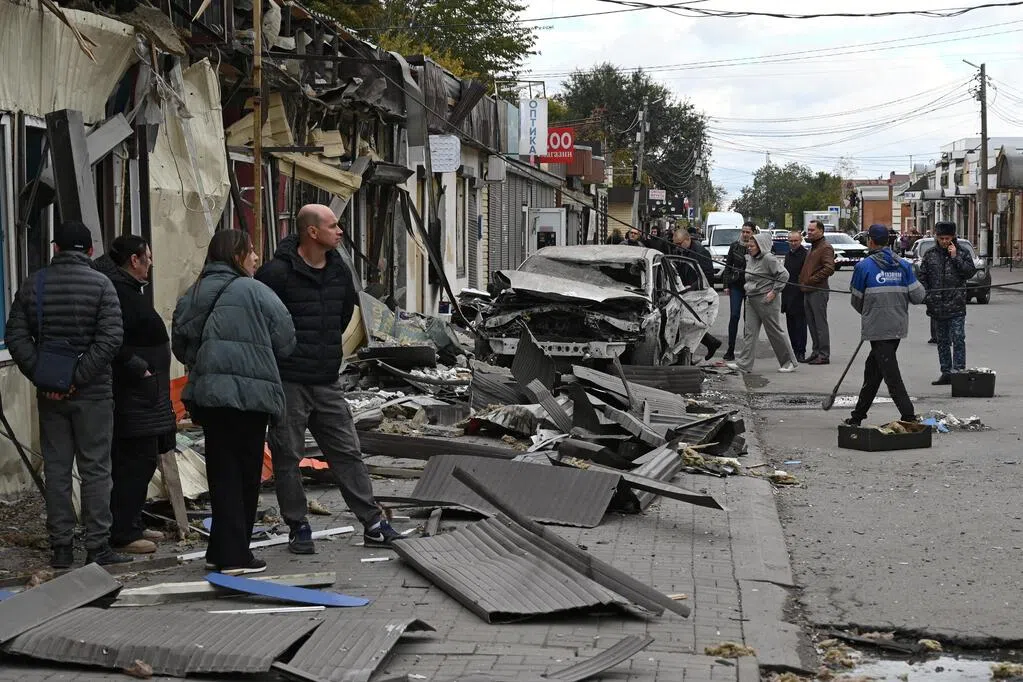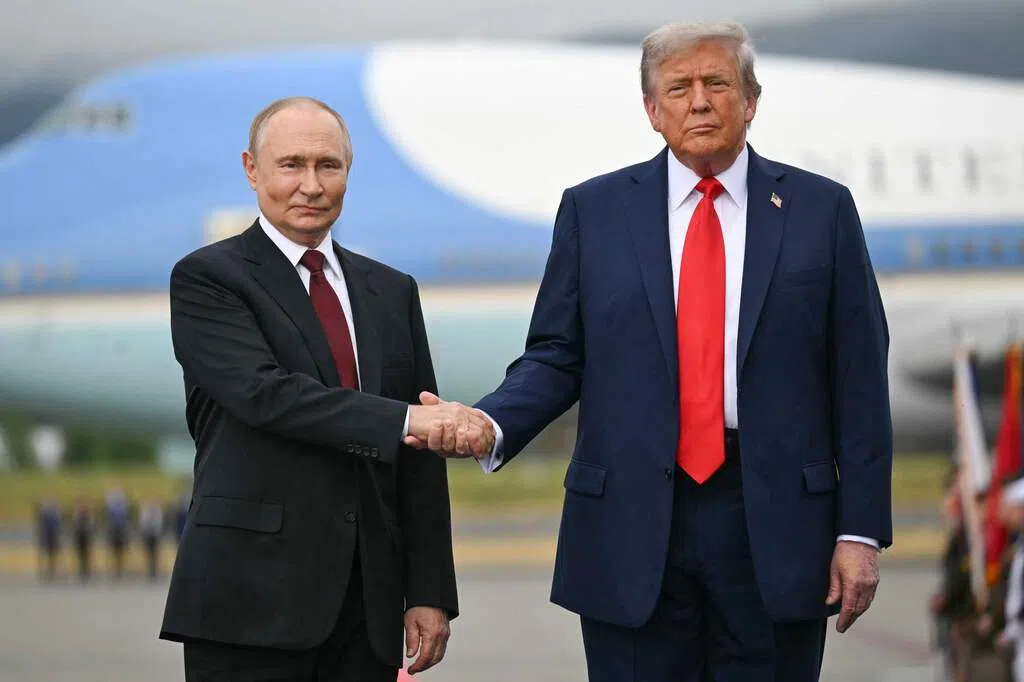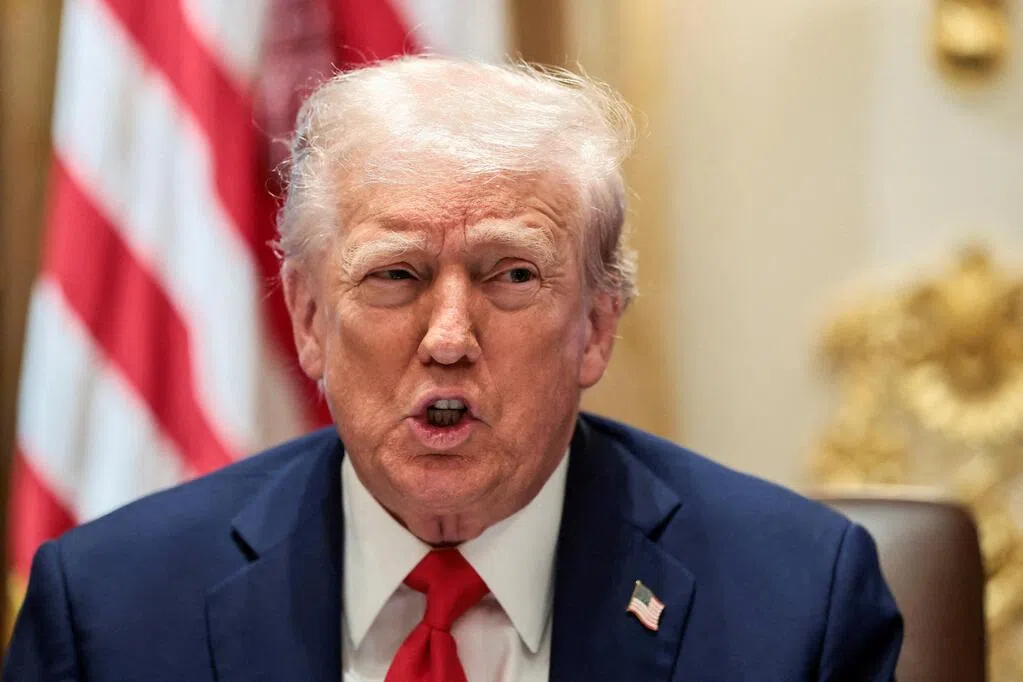(Moscow/Kyiv/Washington) – US President Donald Trump canceled a planned meeting with Russian President Vladimir Putin, believing negotiations to end the war in Ukraine were making no progress. Trump also imposed sanctions on two major Russian oil companies.
After a phone call with Putin, Trump had indicated the two sides planned to meet in Budapest, Hungary, but he hinted the meeting might fall through. He told reporters at the White House on Wednesday (October 22) that the planned meeting with Putin had been canceled due to a lack of diplomatic progress and "bad timing."
He said: "We don't seem to be able to achieve what we need to achieve, so I canceled the meeting, but we will continue to work on it in the future."
Since starting his second presidential term in late January, Trump has been trying to broker a peace agreement between Russia and Ukraine, but has so far failed to achieve a significant breakthrough. He expressed frustration with the deadlock in the negotiations: "Frankly, every time I speak with Vladimir (Putin), we have a good conversation, but in the end, there is no progress. Really no progress."
He also suggested that Chinese President Xi Jinping may have significant influence on Putin in the Russia-Ukraine peace process.
Further reading


Trump and Xi Jinping are expected to meet at the Asia-Pacific Economic Cooperation (APEC) summit in South Korea at the end of this month. Trump said the two would "certainly discuss the Russia-Ukraine issue" there.
As the Trump-Putin summit fell through, the Trump administration also announced on Wednesday "severe sanctions" against Rosneft and Lukoil. Rosneft is a state-owned enterprise and Russia's second-largest revenue earner, while Lukoil is Russia's largest private company by revenue.
The United States had previously held off on imposing sanctions on Russia for months, as Trump sought to balance pressure on Moscow with a more conciliatory approach in an effort to broker peace in Ukraine. The sanctions marked a sharp turn in White House policy, and oil prices continued to rise, rising by more than $2 (S$2.6) per barrel.
U.S. Treasury Secretary Benson said these were among the largest sanctions the United States has imposed on Russia.
However, Trump expressed hope that the sanctions against the two Russian energy giants would not last long and that the war would be resolved.
On the same day, Denmark, the current EU presidency, announced that member states had approved the 19th round of sanctions against Russia for its war on Ukraine, including a ban on Russian liquefied natural gas imports, thereby reducing Moscow's oil and gas revenues to support the ongoing war.
Russian Foreign Ministry spokeswoman Zakharova said the US sanctions were "completely counterproductive" and failed to highlight the need for a negotiated solution to the Ukrainian conflict. "Our country has developed a strong immunity to Western restrictive measures and will continue to unwaveringly develop its economic potential, including its energy potential."
Ukraine welcomed the US sanctions. Hours before the sanctions were imposed, the latest Russian night raid on Ukraine killed seven people, including two children.
Russia recently launched a nuclear-capable ballistic missile during a military exercise.
Russia also recently conducted joint exercises of its land, sea, and air strategic nuclear forces. According to a Wednesday announcement on the Russian presidential website, the exercises were directed by Putin and involved the launch of intercontinental ballistic missiles and air-launched cruise missiles.
Putin said the exercises were routine training to test the military's combat readiness and that all tasks of the strategic nuclear force exercises had been completed. It is reported that during the exercise, the Russian military launched a solid-fuel intercontinental ballistic missile RS-24 Yars, which can carry multiple nuclear warheads and has a maximum range of 11,000 kilometers.



